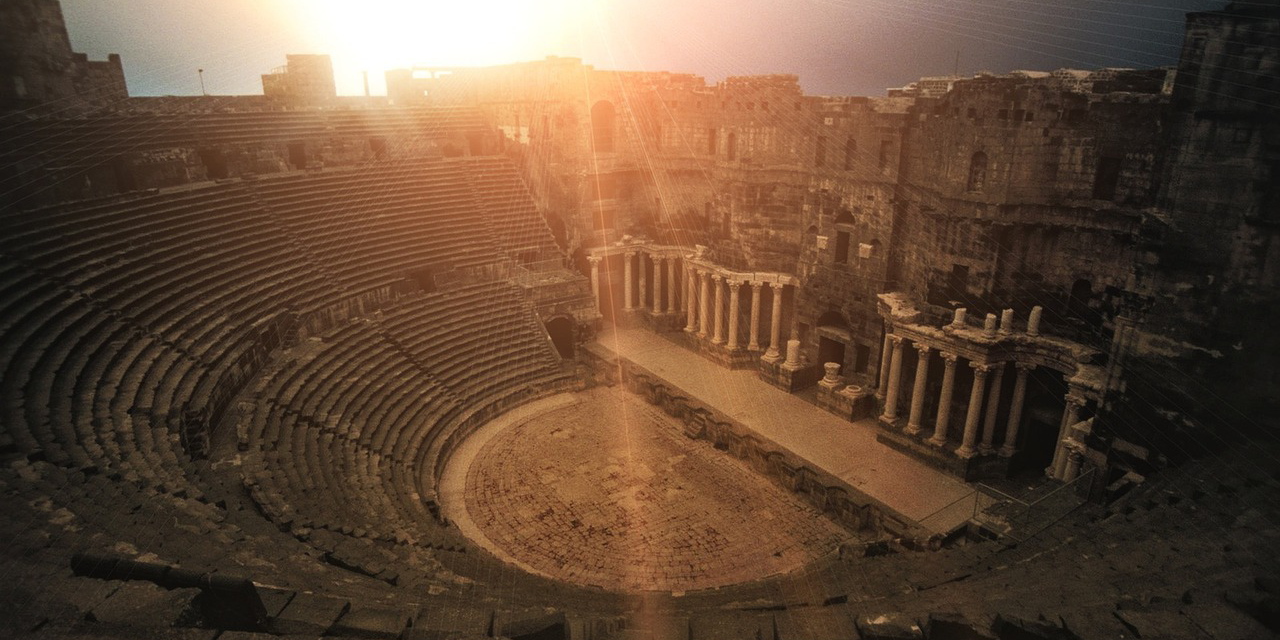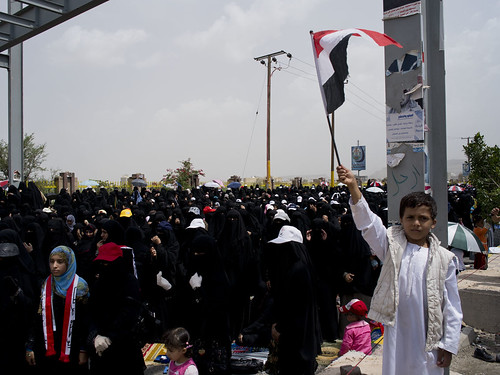
Mediation Perspectives is a periodic blog entry that’s provided by the CSS’ Mediation Support Team and occasional guest authors. Each entry is designed to highlight the utility of mediation approaches in dealing with violent political conflicts. To keep up to date with the Mediation Support Team, you can sign up to their newsletter here.
This blog aims to shed light on some of the challenges facing the multi-track approach to mediation through the example of Syria. The multi-track approach refers to undertaking peacebuilding efforts at different levels and interlinking them where useful in order to reach sustainable peace. The concept has regained attention as numerous states suffering from conflict have failed to maintain long-lasting peace despite signing peace agreements at the national level. However, the implementation of the multi-track approach has rarely been tested through evidence-based research. This piece aims to raise some questions aimed at critically examining its application.

